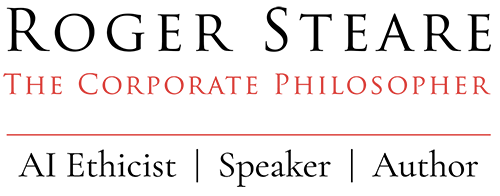Work less. Do more. Do better.

There is a saying that “less is more”. It originated in the minimalist art movement and styles such as Bauhaus. I like minimalist art. I love its elegant simplicity. It soothes me. My wife Jane, on the other hand, is a maximalist. She loves to collect pictures, recipe books, wall vases and flying ducks. But as I love her very much, I’ve learned to tolerate this assault on my senses. I wish the same could be true for most of my clients who are assaulted daily with back-to-back meetings, endless reports to read and write and literally hundreds of emails to answer – or not.
Even before the pandemic, it really concerned me how many hours most people feel they have to work. People are working closer to 12 hour days rather than the 6 hours a day that research such as HBR’s The Case for the 6-Hour Working Day, says is optimal. Likewise, instead of 5-6 days of work a week, other research, such as the RSA’s Is a four-day week the future of work? suggests that a 4-day week is optimal for productivity. Multiply 4 days by 6 hours and you now have a 24-hour working week, which sounds crazy, doesn’t it?!
But is it crazier than exposing ourselves to physical and psychological damage? What about the negative impact on productivity, risk and the quality of our work? Chronic stress and fatigue can damage our health as much as alcohol and drug abuse. It also has a similar impact on the quality of the decisions and judgements we make.
So how can we work less and yet do more and do better? It begins with the philosopher’s Golden Rule. Do as you would be done by. Send fewer emails and definitely reduce the carbon copies. Next, only ask people to do new work after you’ve asked them what they’re currently working on and what spare capacity they might have? Next, learn to say “not yet” when asked to do something when you, yourself are exhausted and running on empty.
Finally, you should then find the time and “flow” to read this research and make the right decisions about doing less. To do more. And do better.
“It does not matter how slowly you go, so long as you do not stop.”
Confucius
